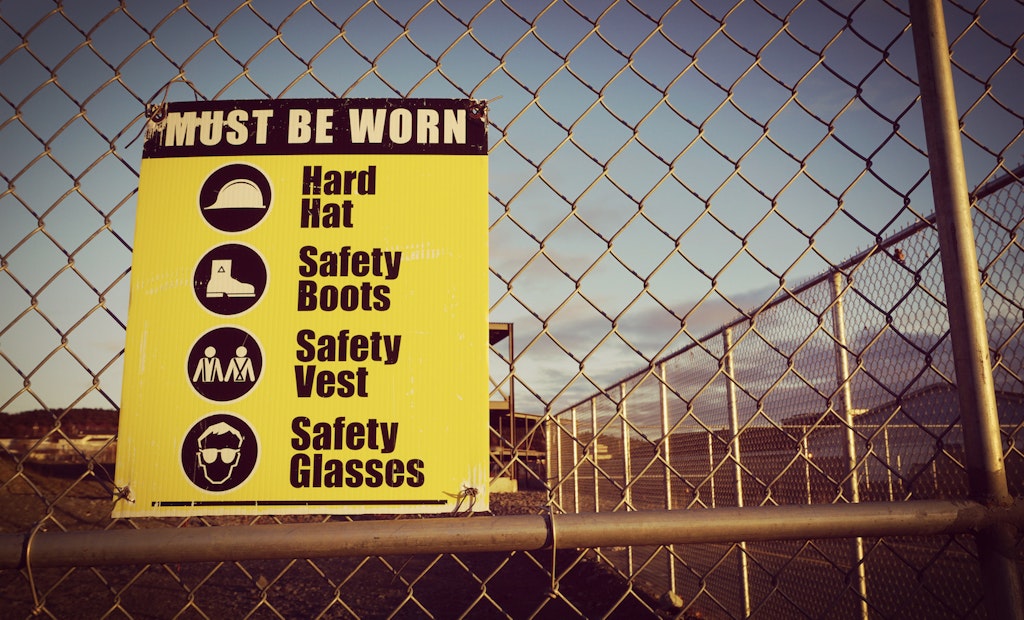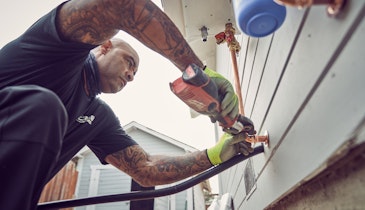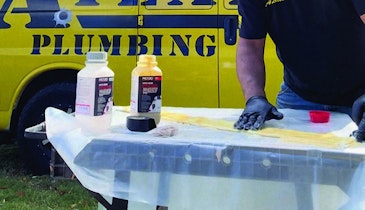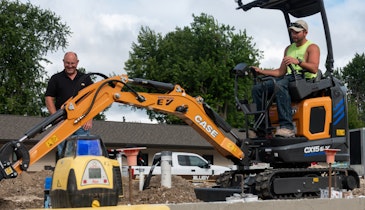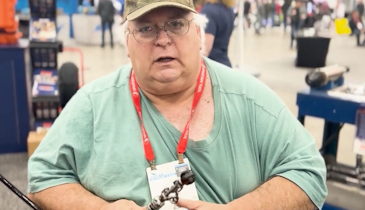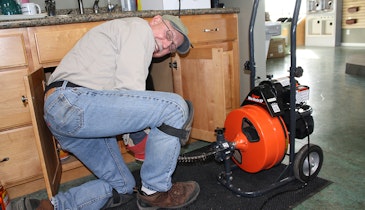Interested in Residential Plumbing?
Get Residential Plumbing articles, news and videos right in your inbox! Sign up now.
Residential Plumbing + Get AlertsThere are seven major hazards when cleaning drains and sewers. Any one of these hazards can cause injury or may even result in death. Be aware of all seven hazards while on the job and take every precaution to ensure your safety.
1. Electrical shock — Water and electricity is a deadly combination. The use of any electrical equipment could cause fatal shock if the equipment is not properly grounded, adequately maintained, or if care is not used by the operator. Electrically safe equipment is an absolute necessity.
2. Contracting disease — Beware of waterborne bacteria. A technician must be properly inoculated, wear appropriate safety gear, and follow all safety guidelines while performing drain and sewer cleaning.
3. Chemical drain openers — Blindness and permanent skin damage are possible with some chemical drain openers. It is an absolute necessity to be prepared to deal with chemical drain openers on every service call. Appropriate safety gear and proper safety precautions must be followed to avoid injury.
4. Rotating cable and attachments under torque — A finger can be severed, tendons torn or a wrist broken by a rotating cable. Never wear cloth gloves. A rotating cable must be properly controlled and all safety and operating instructions must be followed to avoid injury. Always stay within 3 feet of the pipe opening with the machine unless additional safety precautions are taken.
5. Confined-space entry — Confined-space entry can kill. Always follow OSHA guidelines for confined-space entry. Never enter a confined space, such as a manhole, without appropriate safety gear.
6. Heavy lifting — Improper lifting or attempting to lift too much weight may cause permanent injury. Follow all lift and carry rules from the National Safety Council.
7. High-pressure water — High-pressure water exposure can cause blindness and permanent injury. All operators of high-velocity waterjetting equipment must be concerned about possible injury. If proper safety gear is not worn and all safety precautions are not followed, injury or death may result.
